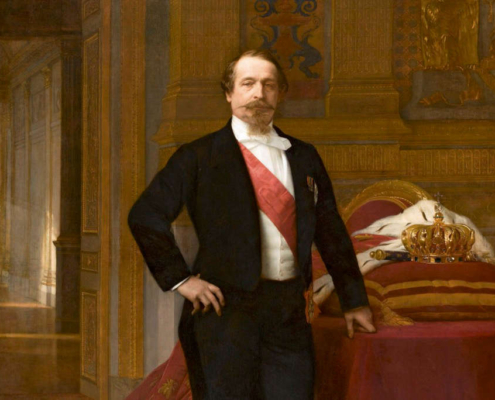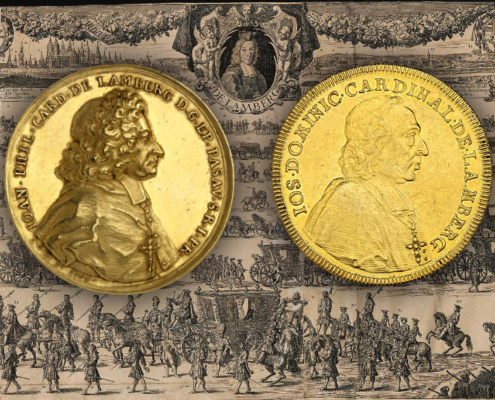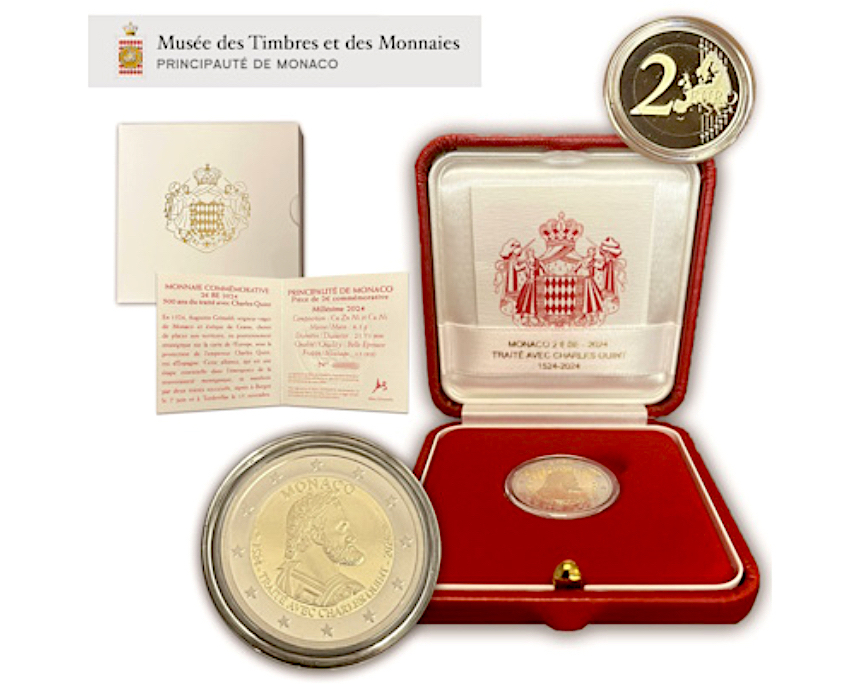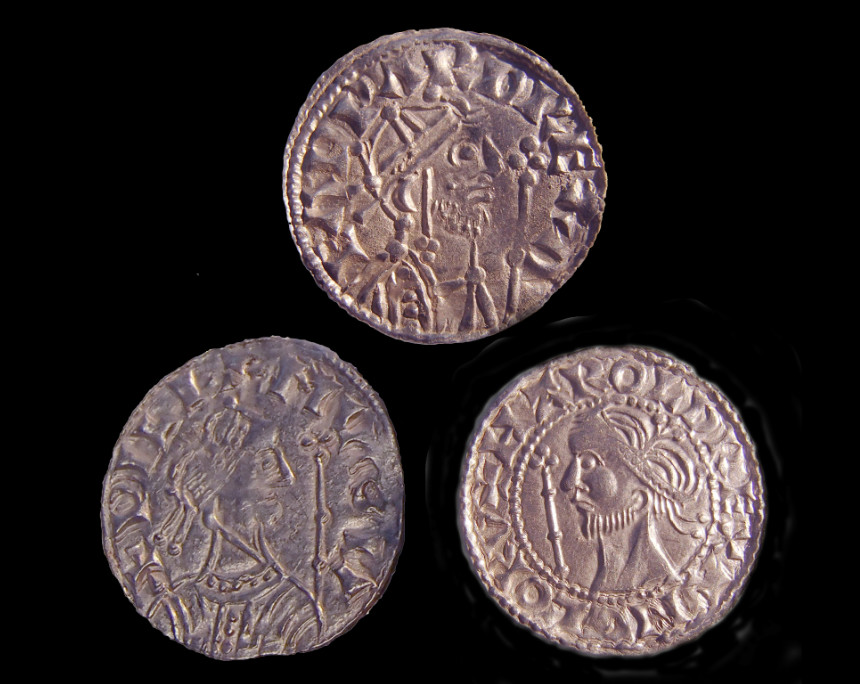Archive: People and Markets
A Coveted 2-Euro Coin: Monaco Introduces Penalty Fee for Multiple Orders
The Principality’s commemorative coins are among the most expensive and sought-after collectibles in the eurozone – but they have also attracted speculators for years. The sales office is now taking drastic measures.
The UK’s Highest Value Treasure Find Ever Discovered
All a group of friends really wanted to do was enjoy a relaxing weekend away and try out a new metal detector. The unexpected result of this trip is the highest value treasure find ever discovered in Great Britain. The coins will soon be on display at the British Museum.
Archive: Coins, Medals and more

French History in Coins – Part 3: A New Napoleon
Under Emperor Napoleon III, France experienced an economic upswing. The Paris cityscape was completely revamped, just as coin designs. The gold rush in the US thrust Europe’s silver money into a crisis. The answer came from France.

Münster, Osnabrück, Passau and the Counts of Lamberg
Münster, Osnabrück and Passau: How are these places related to the Counts of Lamberg? We use coins from Künker’s auction 424 to illustrate how noble families in the Holy Roman Empire climbed the social ladder in early modern times, and explain the reasons for and the consequences of such ascents.










CIT’s Mont-Saint-Michel
CIT has converted the UNESCO World Heritage Site “Mont-Saint-Michel” into numismatic masterpieces: Four coins in three metals pay tribute to the impressive island with a three-dimensional relief on a deeply concave background.
CIT’s Iron Maiden Series: Pop Culture Meets Minting Technology
CIT teamed up with Iron Maiden to release a coin series, celebrating the creativity of one of the world’s most successful heavy metal groups. The British musicians have reinvented themselves time and time again. As a result, no two coins in CIT’s Iron Maiden series are alike. With its latest issue, CIT is now rounding out the series.